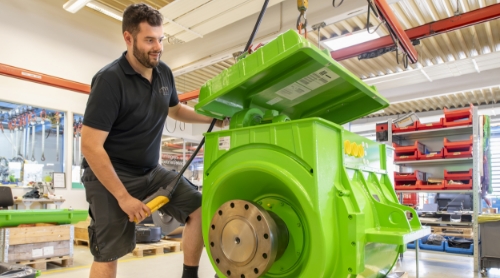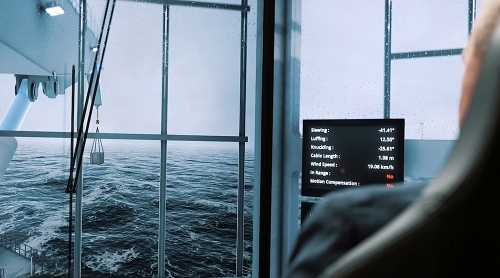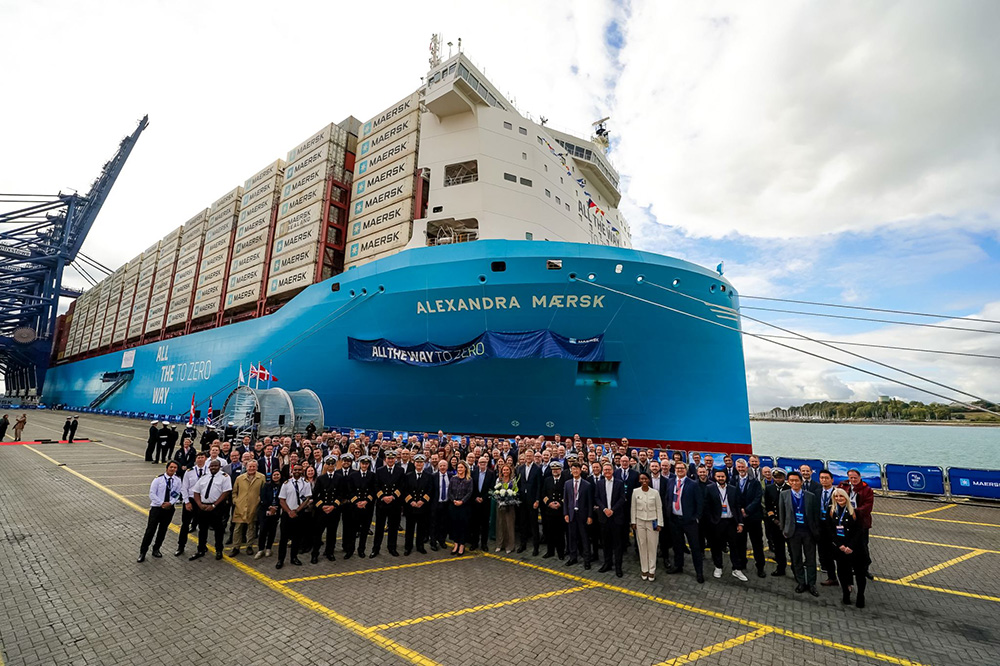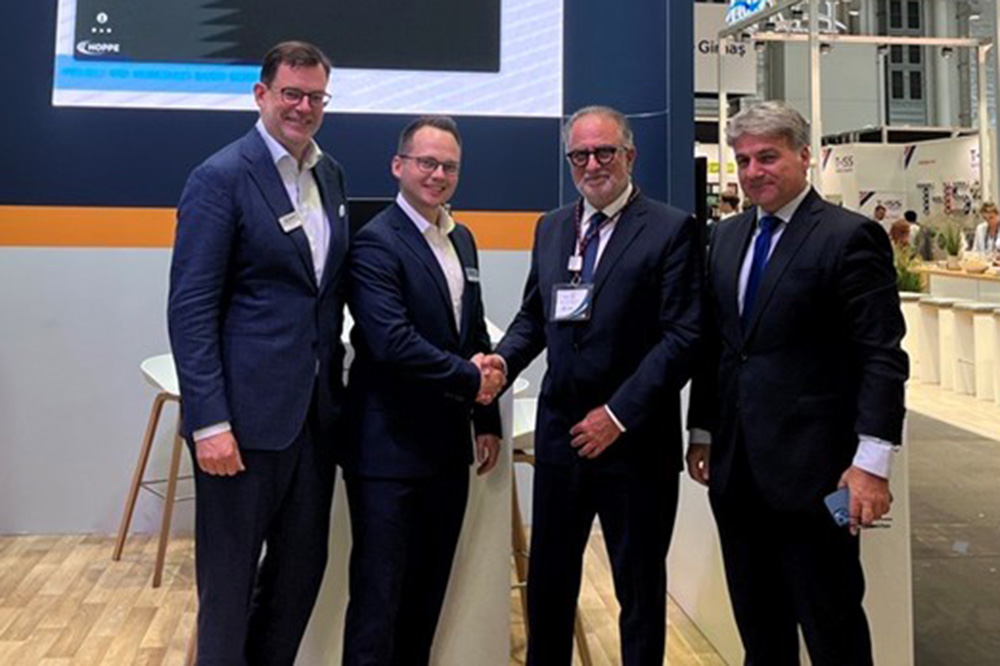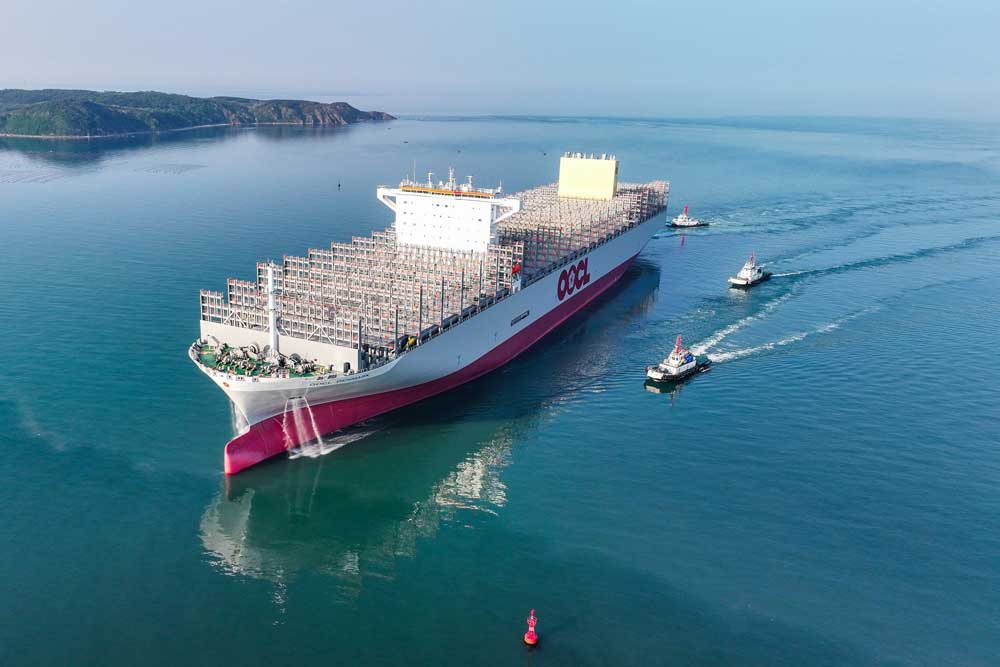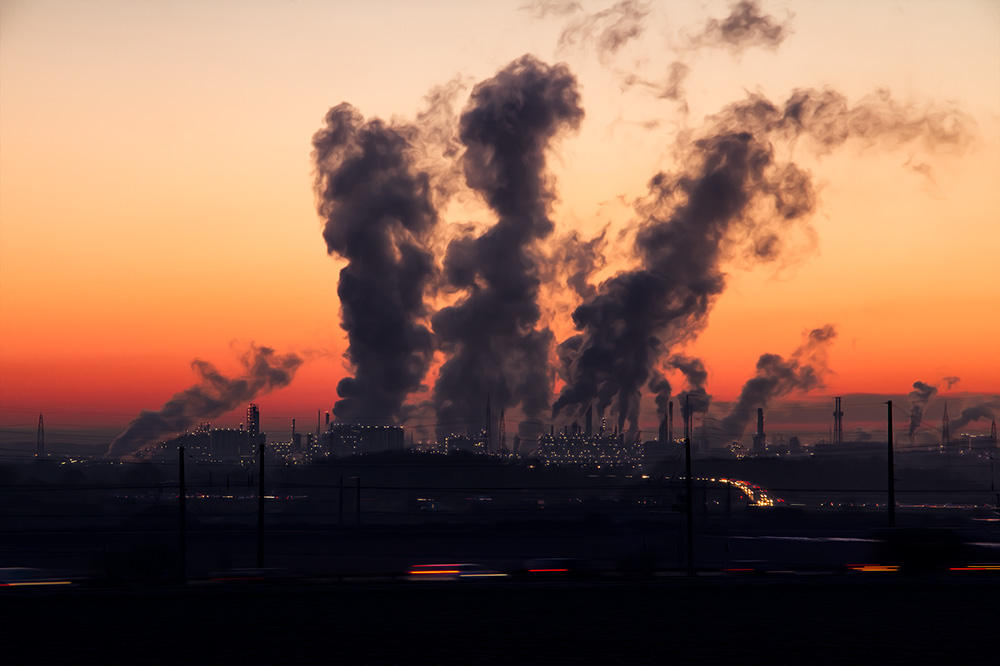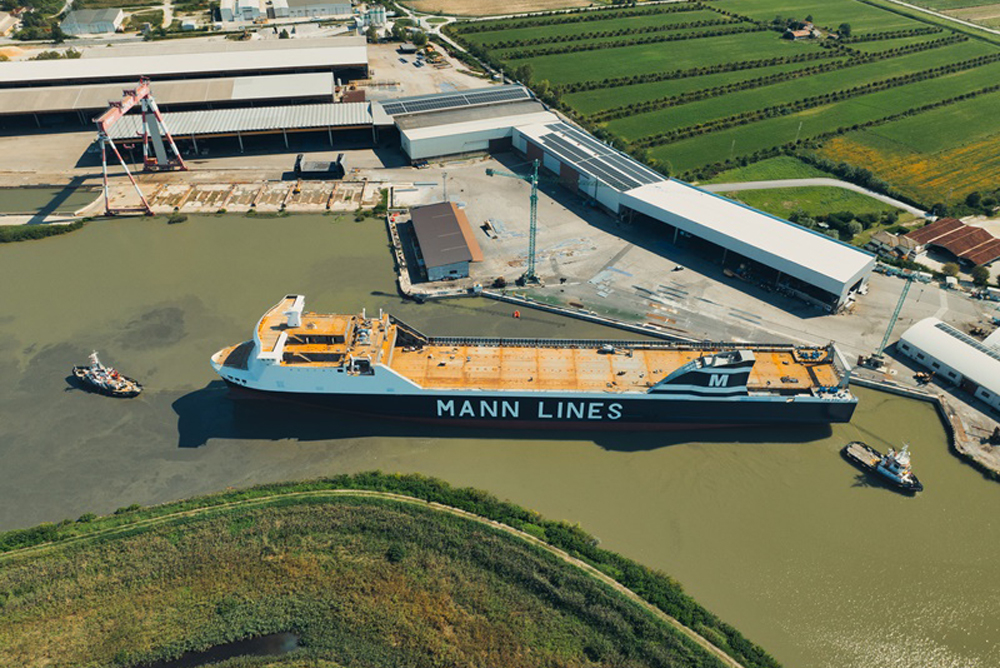Is the debate about offshore construction by German shipyards gaining new momentum? The conditions for this are being created in Rostock.
The Meyer Group, to which Neptun Werft also belongs, wants to enter into the construction of offshore converter platforms at the Warnemünde site together with the Belgian company Smulders. The Meyer Group sees further potential, for example for tankers. [ds_preview]
To this end, the joint venture Neptun Smulders Engineering is to be founded first, which is to take over the development and construction of converter platforms with a capacity of two gigawatts.
As a first step, up to 100 jobs are to be created in Mecklenburg-Vorpommern in the coming months. However, the planned joint venture still has to be approved by the competition authorities and is expected to commence operations “in the first quarter of 2024”, as has now been announced.
Smulders, a subsidiary of Eiffage, describes itself as an expert in transformer platforms: “Many years of experience in the design, manufacture, delivery and assembly of steel structures made Smulders one of the pioneers of wind energy more than 20 years ago.” Today, the company offers services ranging from design and production to complete turnkey solutions (EPCI) for transformer platforms and foundations.
Both Neptun Werft, which has specialized in river cruisers and engine room modules in recent years, and Smulders intend to subsequently take over the construction of the platforms. According to current plans, the so-called topsides, i.e. the upper part of the platform with all the electrical components, would be built at the Warnemünde site, while the so-called jackets, i.e. the steel substructure, would be manufactured at Smulders in Vlissingen in the Netherlands. However, no concrete order has yet been announced.
According to the press release, the collaboration should enable “Mecklenburg-Vorpommern to make a significant contribution to the green energy supply in Germany and Europe”. At the same time, the construction of this critical infrastructure in Germany will create independence in the energy sector.
In order to achieve the federal government’s ambitious expansion targets for offshore wind energy, a leap in size and technology is required for the converter platforms: to 2 GW capacity and high-voltage direct current (HVDC) transmission technology. “We are combining Meyer Group’s expertise in lean shipbuilding with Smulders’ offshore experience. Together, we are creating the necessary capacities to be able to manufacture the converter platforms required for the energy transition in Germany,” said shipyard boss Jan Meyer.
Neptun Werft grows for converter platforms
Neptun Werft’s production areas will also be adapted to the new business segment. To this end, the company has signed a purchase agreement to acquire the former site of engine manufacturer Caterpillar, which is directly adjacent to the shipyard’s premises. The purchase is currently expected to be completed by the end of November. In addition, part of the neighboring marine arsenal will be used to build the platforms in the future. “We will also continue to invest in the Warnemünde site and adapt the shipyard facilities to the requirements of converter platform construction, for example the quay facilities and crane capacities,” Jan Meyer continues.
Raf Iemants, Managing Director of Smulders, said: “Today marks the start of a transformative partnership in the offshore wind sector. United by a shared vision and driven by the urgent need to tackle climate change, our collaboration has been accelerated by the belief that together we can have a significant impact on the future of clean energy.”
Meyer sees further potential for tankers
The Meyer Group also sees potential for further business: “In the future, we want to go even further and, for example, convert surplus energy from wind farms into hydrogen or other e-fuels. This can supply industry on land and shipping with climate-neutral energy sources. Meyer Group can also develop and build the necessary tankers with its partners,” explained Malte Poelmann, Chief Technology Officer of the Group.









